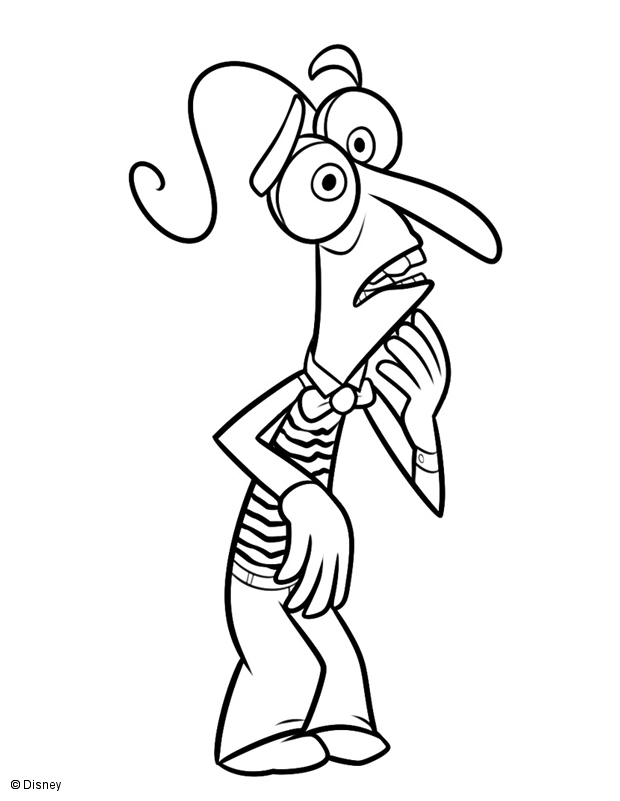

4ĭSM-IV offers two categories of alcohol use disorders: alcohol abuse and alcohol dependence. Patients with schizophrenia have high rates of consumption of all three substances, which they use to relieve dysphoria. Thus, patients with bipolar depression are more likely to abuse alcohol at certain times In the course of their Illness. Conversely, patients presenting with various mental disorders may be more prone than the general population to use or abuse these three common substances. According to DSM-IV's definition, all three substances can Induce dependence.
#Quit all vices manual#
The Diagnostic and Statistical Manual of Mental Disorders, Fourth Edition (DSM-IV), 3 the current nomenclature of the American Psychiatric Association, has specific diagnostic categories for alcohol-, nicotine-, and caffeine-related disorders. Frequent heavy drinking, especially when associated with malnutrition, has been shown to lead to central nervous system (CNS) deterioration. Of these three substances, only alcohol causes clear neuropsychiatrie sequelae. 2 Today, alcohol and nicotine are public health problems because of their association with physical ailments such as cirrhosis, cancer, and cardiovascular disease. Abnormal patterns of substance use have been described since antiquity Aristotle recorded the effects of alcohol withdrawal and warned that drinking could be Injurious during pregnancy 1 the Roman physician Celsus held that dependence on intoxicating drink was a disease. Known to mankind for several centuries, alcohol, nicotine, and caffeine have become an important part of culture, serving as a vehicle for social Interaction, shaping the urban landscape with dedicated places - from the Ottoman coffeehouse to the German Brauhaus and the Parisian café - stimulating the opening of International trade routes and bringing substantial tax revenues to governments. As licit psychoactive drugs, they are used mostly by “normal” people, in contrast to Illicit “hard drugs,” which are traditionally viewed as the province of the deviant. Being palatable for their mild psychotropic properties, they are the most widely consumed drugs worldwide. Il n'en reste pas moins que le problème de la dépendance à la nicotine et la motivation pour fumer ou s'arrêter font partie des préoccupations des psychiatres.Īlcohol, nicotine, and caffeine share several common features. En revanche, les principales conséquences de la nicotine en termes de santé, notamment cancer et maladies cardio-vasculaires, sont hors du domaine de la psychiatrie. L'abus d'alcool est clairement délétère pour le cerveau, provoquant des troubles mentaux aigus et chroniques allant de l'intoxication avec déficit de la cognition, au delirium tremens, à l'hallucinose et á la démence. Ces substances peuvent être à l'origine d'une dépendance, ainsi qu'elle est définie dans le Manuel Diagnostique et Statistique des Troubles Mentaux, 4 e édition (DSM-IV). Par ailleurs, les relations mutuelles entre dépression et alcool sont complexes. Ainsi, les schizophrènes ont tendance à abuser de ces trois substances.
#Quit all vices plus#
Si elles sont largement consommées par les individus normaux, leur utilisation est encore plus fréquente chez les patients psychiatriques. Sin embargo, el tema de la dependencia de la nicotina y la motivación para fumar o para dejar de hacerlo le conciernen a los psiquiatras.Īlcool, nicotine et caféine sont les substances psychotropes les plus largement utilisées à travers le monde. En cambio, las principales consecuencias para la salud de la nicotina, especialmente el cáncer y las enfermedades cardiovasculares, están fuera del dominio de la psiquiatría.


El abuso de alcohol es claramente deletéreo para el cerebro, provocando trastornos mentales agudos y crónicos, que van desde la intoxicación con deterioro cognitivo hasta el delirium tremens, la alucinosis y la demencia.

Todas estas sustancias pueden crear dependencia, de la manera en que está definida en el Manual Diagnóstico y Estadístico de los Trastornos Mentales, 4 a edición (DSM-IV). Las interrelaciones entre depresión y alcohol son complejas. De hecho los pacientes esquizofrénicos tienden a abusar de estas tres sustancias. Ellas son consumidas en gran cantidad por sujetos normales y su utilización es mucho más frecuente en los pacientes psiquiátricos. El alcohol, la nicotina y la cafeína son las sustancias psicotrópicas utilizadas más ampliamente en todo el mundo.


 0 kommentar(er)
0 kommentar(er)
